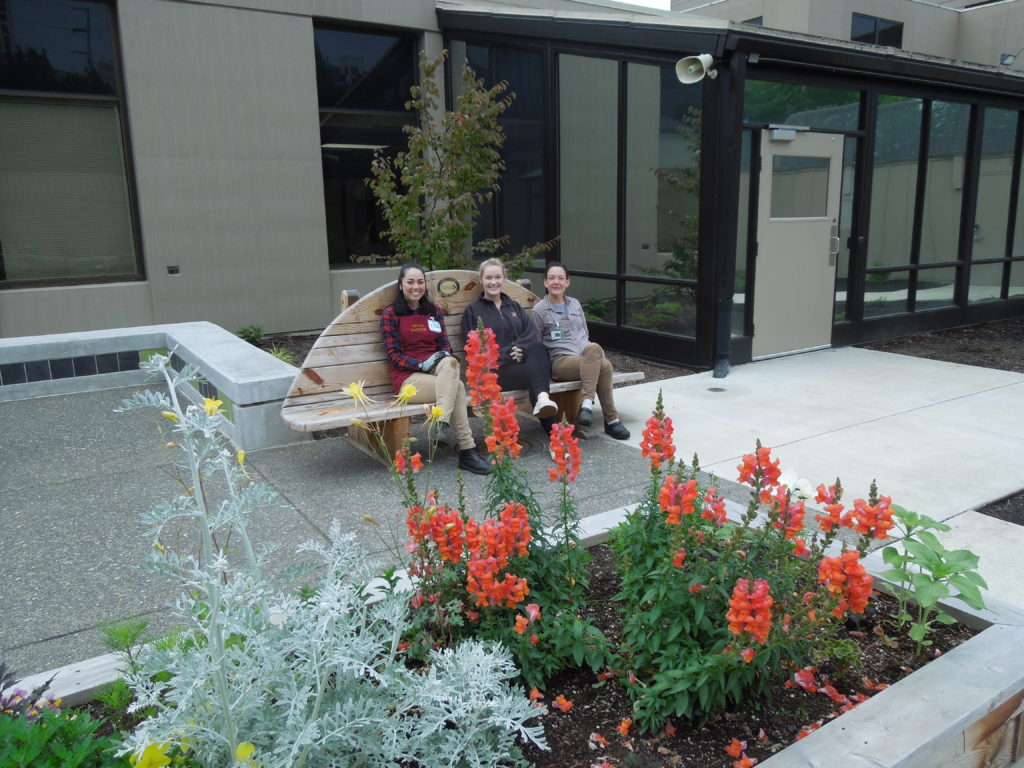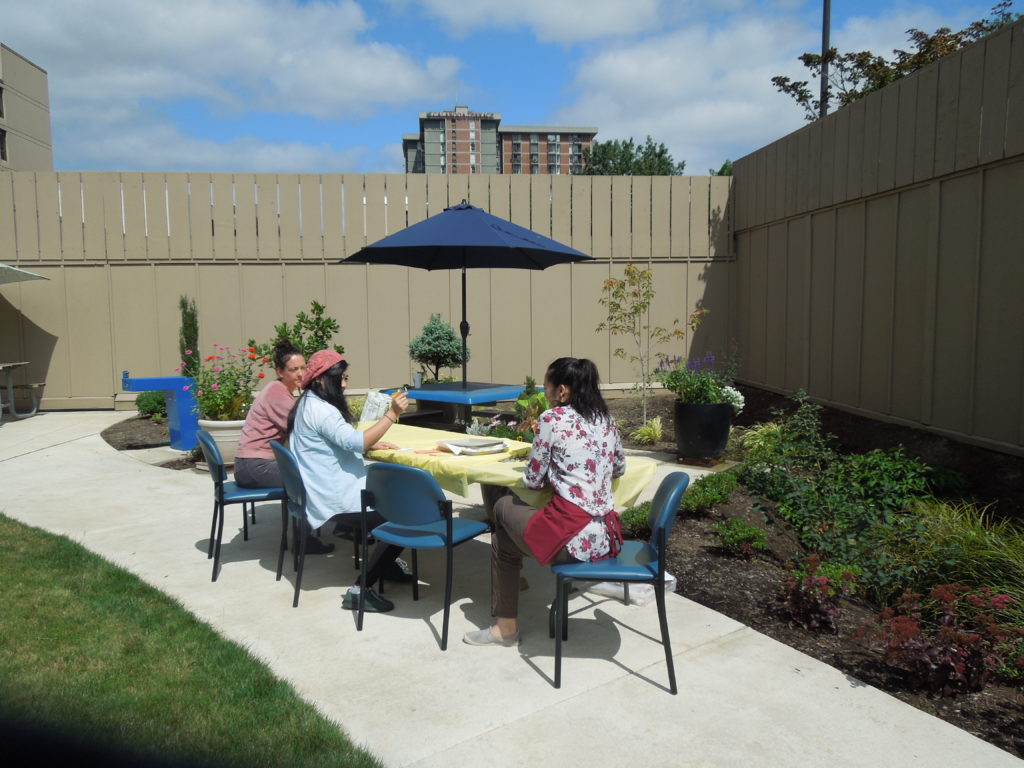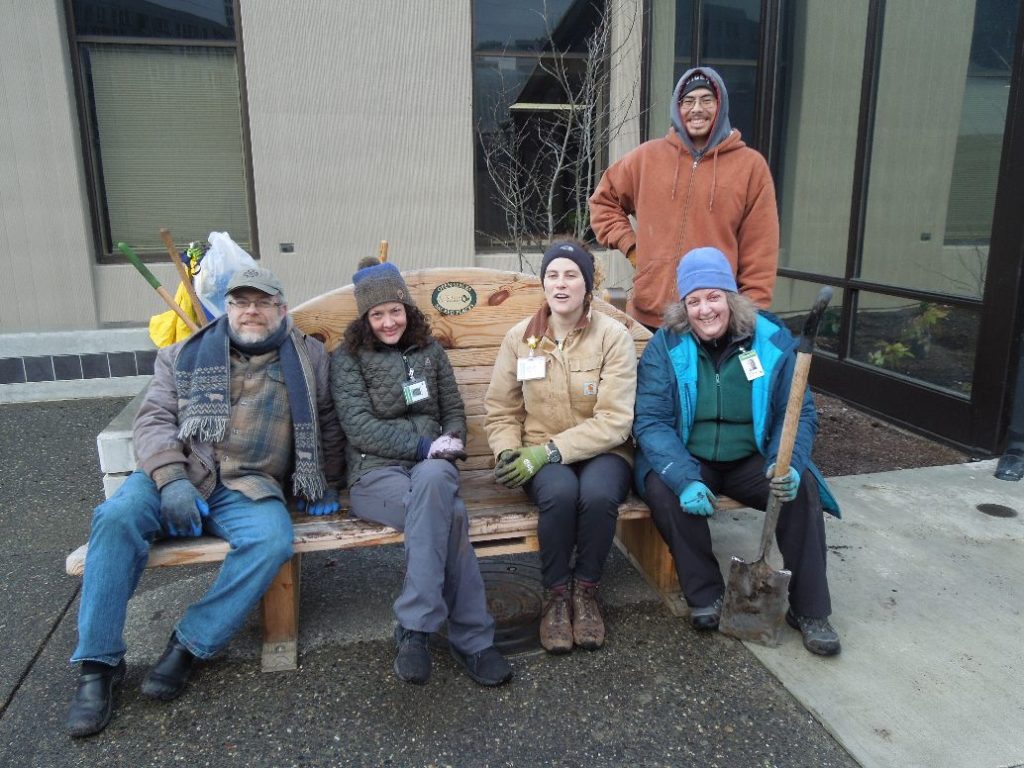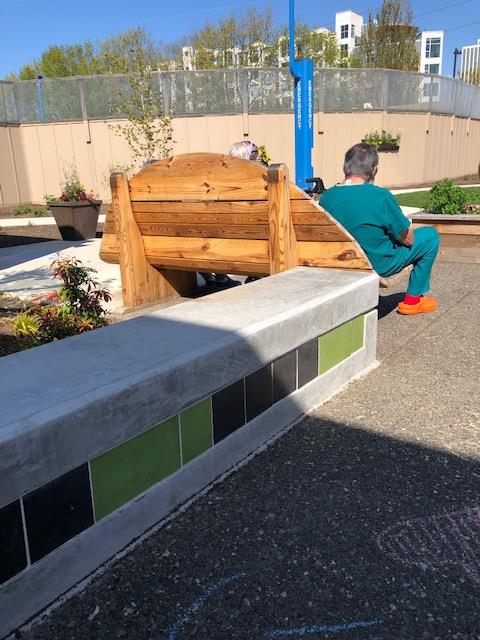About this Sacred Place
Each year in Oregon, an estimated 1 in 20 adults experience a serious mental illness and 31,000 adolescents suffer a major depressive episode that often leads to other social issues. Suicide, almost always the result of untreated or undertreated mental illness, occurs at rates in Oregon that are among the highest in the country. Among youth and young adults ages 15-25, suicide is second only to unintentional injuries as the leading cause of death. For years, the system for treating mental illness has been fragmented, presenting significant challenges for patients, families, providers, and the community as a whole. It has been a system in crisis.
In response to this crisis and its effect on the health of our entire community, Legacy Health, Adventist Health, Kaiser Permanente and Oregon Health & Science University joined to create a new model of care where no one is left untreated and patients have access to the timely services and supports they need to succeed. As the first behavioral health center of its kind in the region, the Unity Center for Behavioral Health aims to become a national model for providing compassionate mental health care in times of crisis, without unnecessary waiting.
This unprecedented collaboration of four health systems shares the goal of providing care for all those in need through a combination of emergency, inpatient and robust transition to outpatient services and embraces the concepts of hope, recovery and resilience. The Unity Center includes 80 adult patient beds and 22 beds for adolescents, a 24/7 Psychiatric Emergency Department, and also houses organizations that provide community behavioral health services, helping to coordinate continued support to patients after discharge. In addition, the model incorporates onsite patient support from peers who have successfully overcome mental illness and addictions themselves.
Unity has and will continue to serve as a nexus, helping to focus the individual resources and efforts formerly offered by four disparate health systems and other community-based organizations into a coordinated effort to improve access and care for patients with behavioral health disorders.





